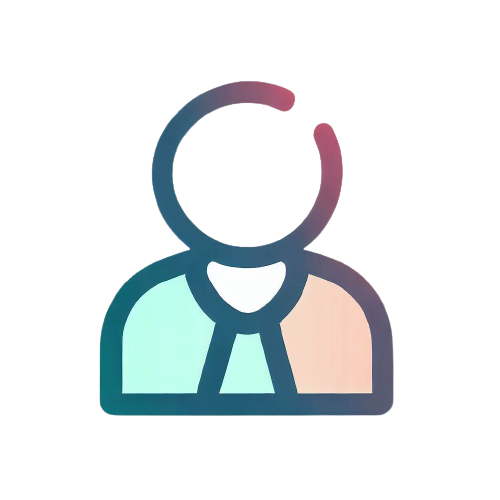ChatGPT Plugins are tools specifically designed for language models with safety as a core principle, enabling ChatGPT to access up-to-date information, perform computations, or utilize third-party services. Plugin developers, who have been invited off the waitlist, can build plugins for ChatGPT using the provided documentation. Enabled plugins are listed in the prompt shown to the language model, along with instructions on how to use each plugin. Plugins allow language models to access real-world and recent data, acting as their "eyes and ears." They provide access to information that may be too recent, personal, or specific to be included in the training data. Plugins can also enable language models to perform safe and constrained actions on users' behalf, enhancing the system's overall usefulness. Plugins address challenges associated with large language models, such as hallucinations, staying up-to-date with recent events, and accessing proprietary information sources (with permission). By integrating explicit access to external data sources, language models can strengthen their responses with evidence-based references. The initial set of plugins has been developed by companies like Expedia, FiscalNote, Instacart, KAYAK, Klarna, Milo, OpenTable, Shopify, Slack, Speak, Wolfram, and Zapier.

About This Tool
Reviews :
No reviews available
Most Impacted Jobs

Communications Manager
Manages and oversees internal and extern ...
1718
Total AI365
Total Tasks
Data Collector
Gathers specific data and information fr ...
1484
Total AI299
Total Tasks
Mail Clerk
Receives, sorts, and distributes mail wi ...
906
Total AI193
Total Tasks
Data Entry
Enters information into computer databas ...
1577
Total AI325
Total Tasks
Compliance Officer
Ensures an organization adheres to laws, ...
893
Total AI194
Total Tasks
Chief Executive Officer (CEO)
...
742
Total AI153
Total Tasks
Chief Strategy Officer
Oversees and directs organizational stra ...
790
Total AI184
Total Tasks
Admin
Performs administrative tasks, organizes ...
1348
Total AI253
Total Tasks
General Clerk
Performs various clerical tasks, includi ...
1279
Total AI242
Total Tasks
Mail Handler
Processes, sorts, and routes mail; ensur ...
893
Total AI188
Total Tasks
Data Clerk
Compiles, maintains, and enters data int ...
1559
Total AI317
Total Tasks
Therapist
Provides therapeutic interventions to in ...
581
Total AI114
Total Tasks



